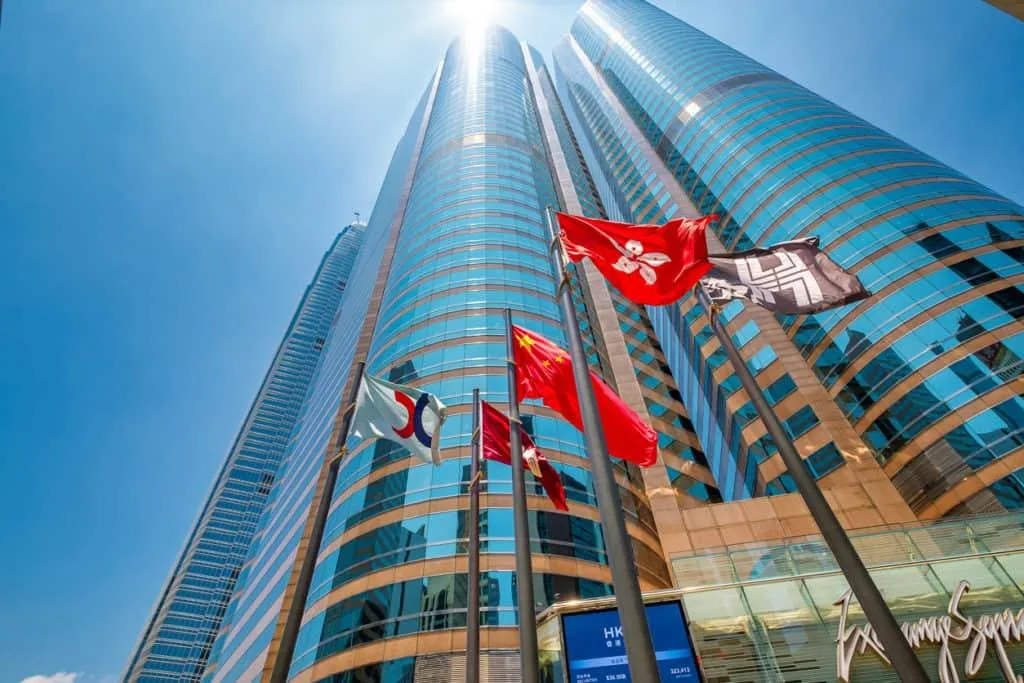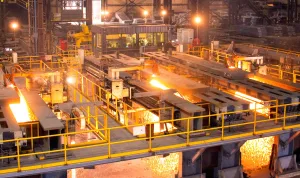Primary Challenges for Steel Investors in Hong Kong: Key Obstacles and Market Insights

The steel industry has always been a critical component of global infrastructure, and Hong Kong is no exception. Despite its importance, steel investors in Hong Kong face a myriad of challenges that can impact their profitability and growth potential. Understanding these obstacles is essential for making informed decisions and navigating the complex landscape of the steel market in this region.
1. Regulatory Challenges
One of the most significant challenges for steel investors in Hong Kong is dealing with ever-evolving government regulations. Hong Kong operates under a unique legal system, influenced by both Western and Chinese laws. This can create uncertainty, especially for foreign investors unfamiliar with local regulations. Trade policies, environmental regulations, and tariffs can quickly change, affecting the profitability of steel imports and exports.
2. Market Volatility
Another major issue is the volatile nature of steel prices. The global steel market is heavily influenced by supply and demand, as well as geopolitical events. Steel investors in Hong Kong must constantly adapt to price fluctuations, which can be caused by disruptions in production, political tensions between trading partners, or changes in global demand. This makes long-term planning challenging and increases the risks for those heavily invested in steel.
3. Environmental Concerns
With growing awareness around climate change, there is increased pressure on industries, including steel production, to become more environmentally sustainable. In Hong Kong, steel investors need to be mindful of environmental regulations, especially when it comes to emissions and waste management. The cost of complying with these regulations can be high, adding another layer of complexity for investors.
4. Competition from China
Given Hong Kong’s close ties to mainland China, investors must contend with fierce competition from Chinese steel producers. China dominates the global steel market, and Hong Kong’s proximity means that investors are often directly affected by shifts in China’s steel production and pricing strategies. Additionally, the Chinese government’s intervention in the steel market, such as imposing export tariffs or subsidies, can skew market dynamics, making it harder for smaller investors to compete.
5. Infrastructure Development and Demand
While Hong Kong is a hub for international trade, its domestic demand for steel is limited compared to mainland China. Investors relying on infrastructure projects in Hong Kong must consider the relatively smaller scale of local development. Major infrastructure projects are often subject to long approval processes, which can delay demand for steel and affect investment returns.
6. Economic Uncertainty
Finally, the economic outlook in Hong Kong remains uncertain due to a variety of factors, including its geopolitical situation, global trade tensions, and internal political unrest. These factors create a challenging economic environment for investors, especially in sectors like steel that are heavily dependent on international trade and local infrastructure projects.
Conclusion
Investing in Hong Kong’s steel industry is not without its difficulties. From navigating complex regulations and dealing with market volatility to competing with Chinese producers and managing environmental concerns, steel investors face several significant challenges. However, by staying informed and adapting to changing conditions, investors can still find opportunities for growth in this dynamic market.



